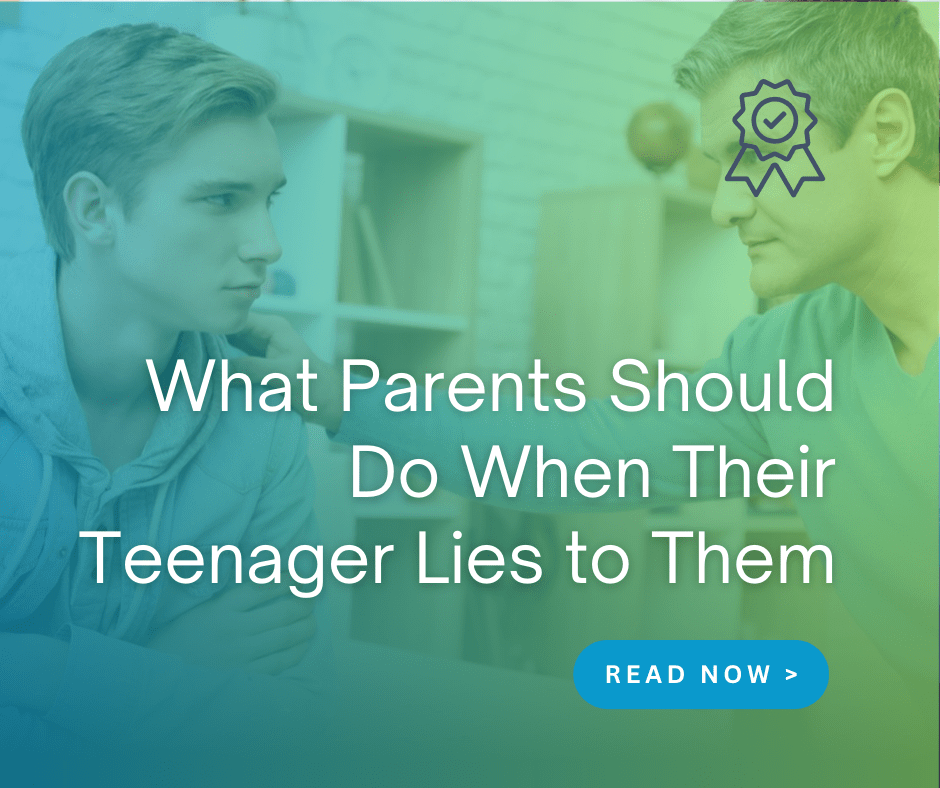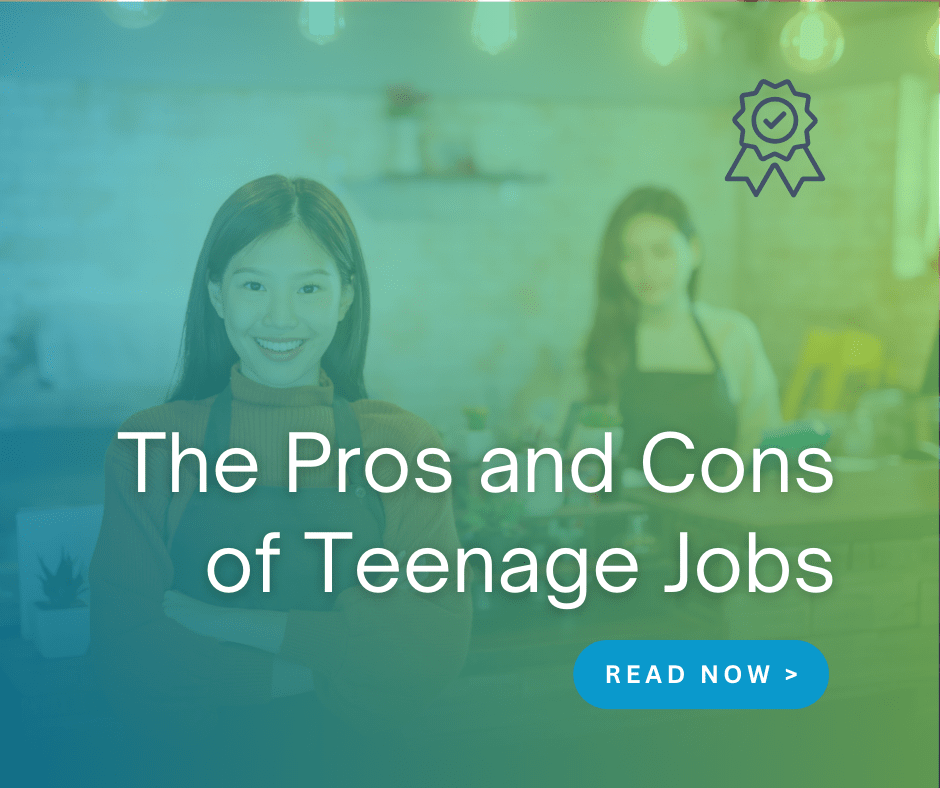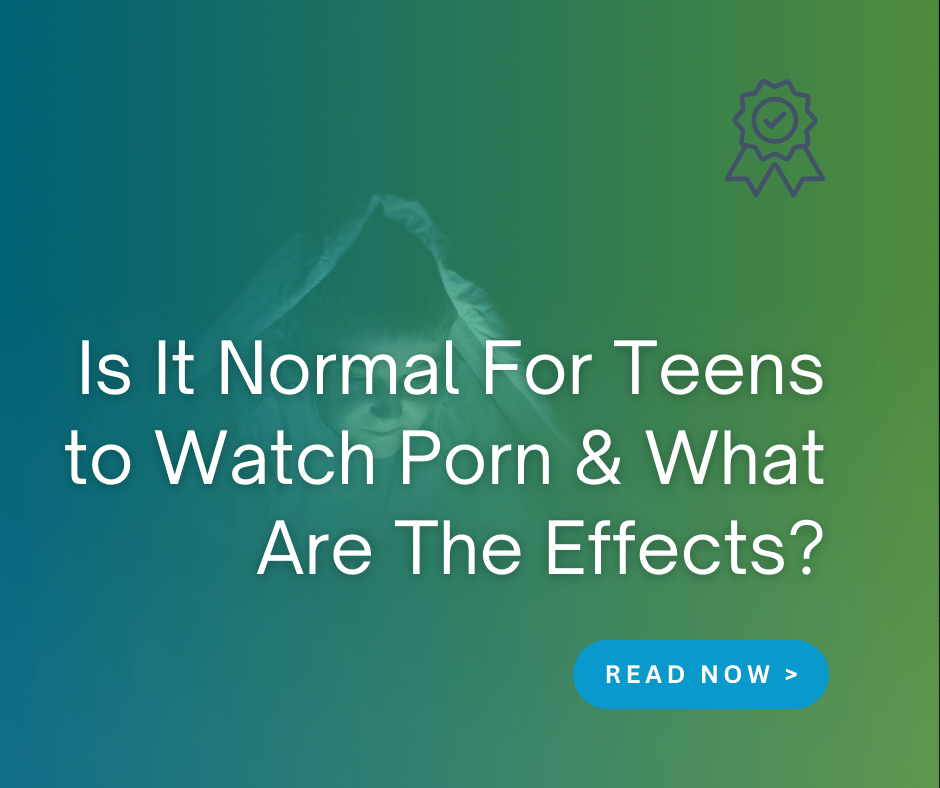How Parenting by Lying May Lead to Adolescent Depression
When we talk about parents, teens, and lies, we most often frame the discussion this way:
- Teens lie to parents. We establish that this is common.
- Then, we advise parents:
- They need to accept this fact
- They need to learn not to take it personally
- Next, we explain why teens lie. They may lie to:
- Avoid getting in trouble.
- Cover up something embarrassing, that may or may not get them in trouble.
- Protect friends.
- Establish autonomy and feel a sense of control or agency in their daily lives
Finally, we give advice about how to deal with teen lying without getting angry, creating conflict, or further compromising trust between parent and teen. For an expanded look at what we mean, please read this article:
What Parents Should Do When Their Teenager Lies to Them
When we published that article, we focused on the teen side of lying, and how parents should handle it – as you can probably figure out from the title.
But there’s another side to the parents, teens, and lies situation. It starts when kids are young and can have negative consequences for them during adolescence and young adulthood. That other side – as you can likewise figure out from the title of this article – is related to a phenomenon known as parenting by lying.
Recent research shows that parenting by lying can have a negative effect on parent-teen relationships, and lead to adverse mental health consequences for children when they reach adolescence and young adulthood.
The Negative Consequences of Parenting by Lying
One thing about parenting by lying parents often willfully ignore is that kids figure it out far sooner than we realize. That’s confounding, because most – and okay, maybe not all – of us can remember when our parents told us lies, both the little type and the big type, and we saw right through them.
In a family/parenting situation, the little type of lie seems funny, more often than not.
For instance, “If you keep doing that with your eyes, they’ll get stuck in the back of your head,” is, indeed, funny. After a while kids know it’s a lie, but they get the point.
On the other hand, big lies are not funny.
For instance, “Your mother and I are getting along just fine,” when the two of you are obviously not getting along fine is not funny. That kind of lie can cause a level of cognitive dissonance in a child that may later lead to a host of maladaptive behaviors.
Previous research on parenting by lying shows that it can lead to:
- Normalizing dishonesty
- Teens lying to parents
- Manipulative behavior
- Aggressive behavior
- Self-control problems
Those are serious issues that can lead to difficulties in family and social relationships during adolescence and adulthood. A new study conducted in China, published recently in the journal Child Abuse & Neglect, shows that the habit of parenting by lying is associated with another significant problem during adolescence: depression.
How Lying Affects Kids
The study examined data from close to a thousand children – about half boys and half girls – based on surveys on parental lying, the dramaturgical perspective, parent-child attachment, and depression. The dramaturgical perspective refers to the sociological theory that humans, beginning in childhood, attach meaning to the world they live through the metaphor of performance: we play various roles and scenes in our lives, and follow scripts appropriate to our character and the characters around us. These metaphors allow children to understand their place and function in the world, i.e. their character and their purpose in the overall plot.
Here’s what the researchers found:
- Parenting by lying during childhood predicted a significant association with depression during adolescence.
- The association was mediated by a dramaturgical perspective employed by the child.
- The association was moderated by parent-child attachment.
We’ll explain those last two bullet points.
Mediated by a dramaturgical perspective:
This means parental lying, in some cases, creates internal conflict in children because children are in the process of forming the parameters of their world. Therefore, parental lying affects – in a negative way – how children understand the meaning of honesty and appropriate behavior.
A simple way to understand this is that when a parent says honesty is the best policy one moment, then lies the next, a child is faced with an unresolvable paradox: trust themselves or trust their parents.
In addition, evidence from previous research shows that being lied to by parents during childhood increases the chance a child will lie to their parents during adolescence. This, in turn, can lead to guilt and regret, which themselves can lead to anxiety, anger, depressed mood, and a host of behaviors driven by these emotions.
Moderated by the parent-child attachment:
This is easier to understand. A strong bond between parent and child weakens the association between parental lying and adolescent depression. Conversely, a weaker bond between parent and child strengthens the association between parental lying and adolescent depression.
What Parents Can Do
We understand children aren’t always ready for a full accounting of every event that affects their lives. However, parents who make a habit of telling half-truths about important issues need to understand how this affects their children. The studies we link to above – and their results – show that parenting by lying can create internal conflict for children that may lead to maladaptive behavior and emotional problems, up to and including clinical depression.
Two things can help parents in these situations.
First, parents can be completely honest about troubling events without including details that may traumatize a child. For instance, a child can learn about a death in the family without learning the specifics about a given accident or illness. This is not lying by omission, but rather, age-appropriate honesty. Second, parents should understand that children can handle bad news or difficult situations when they feel connected to and supported by them, their parents. This knowledge – on the part of parents – can reduce the feeling they need to lie to their children to protect them.
We’ll sum up our point of view by combing the adage honesty is the best policy with the perspective love and support always wins. Kids need to trust their parents. Parents need to lead by example by being truthful, while understanding that when a young child hears a difficult truth, they need extra doses of love, kindness, empathy, and compassion in order to situate that truth in their young world in a healthy and productive manner.












